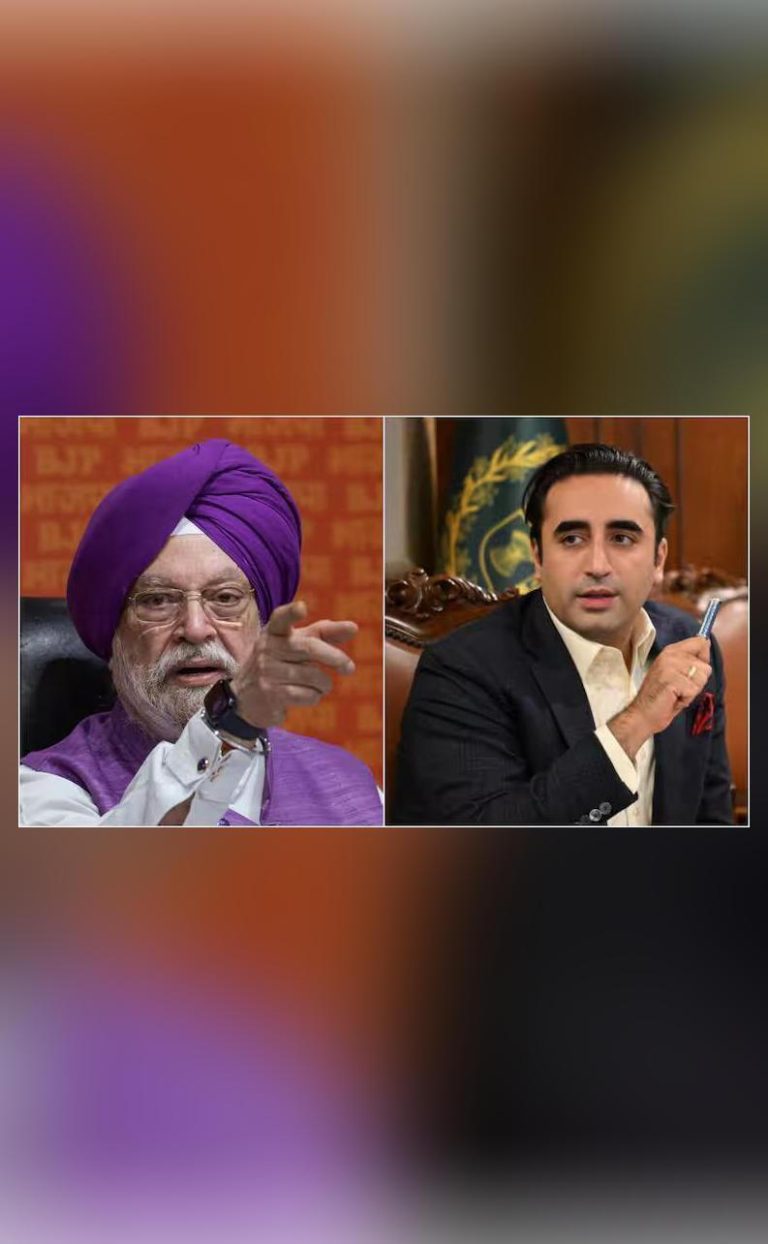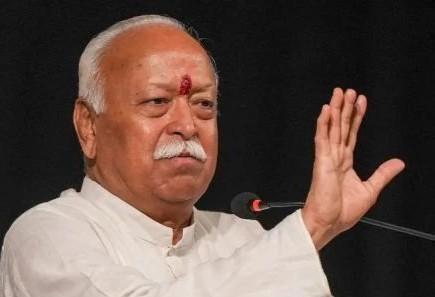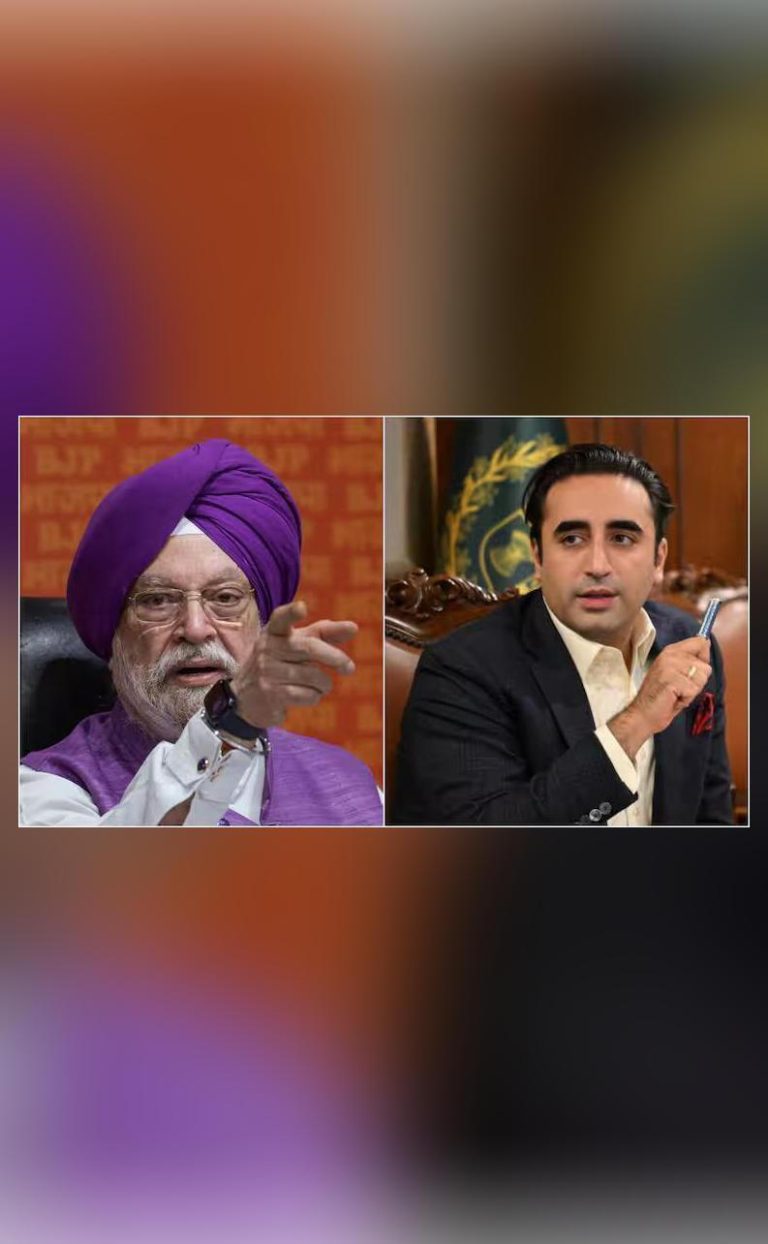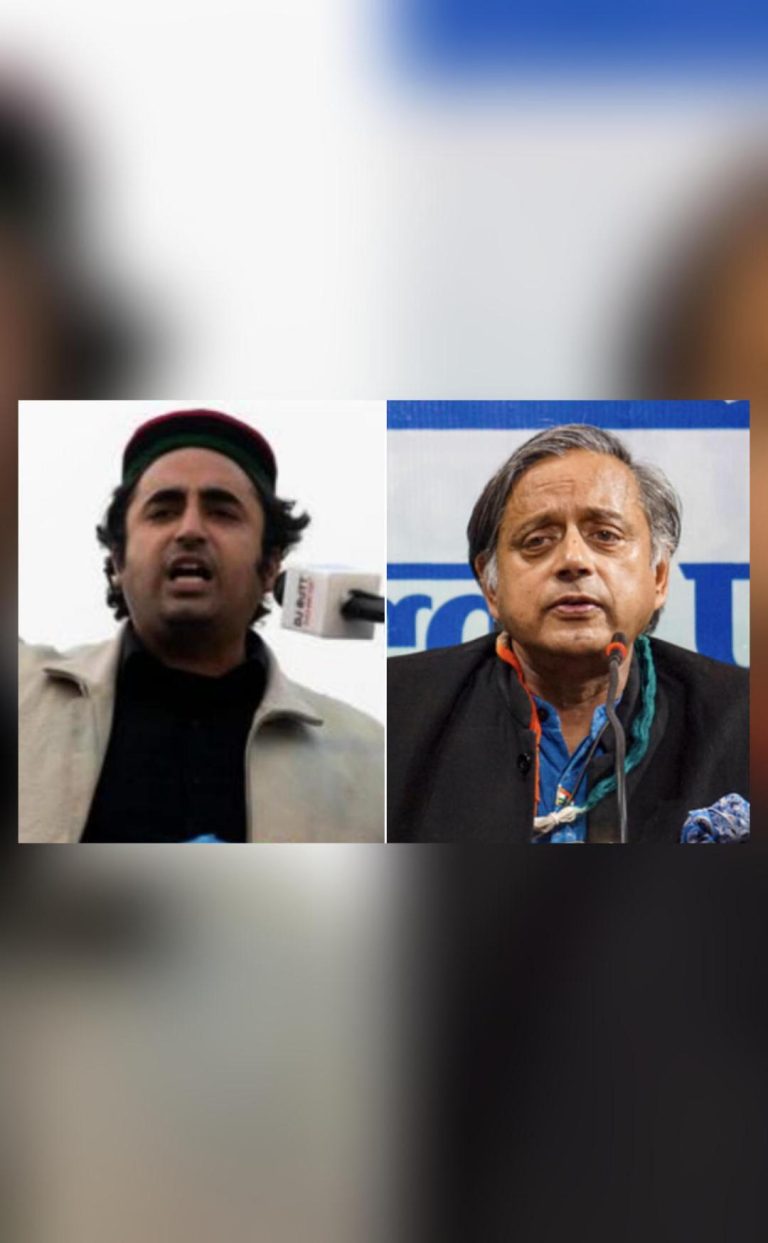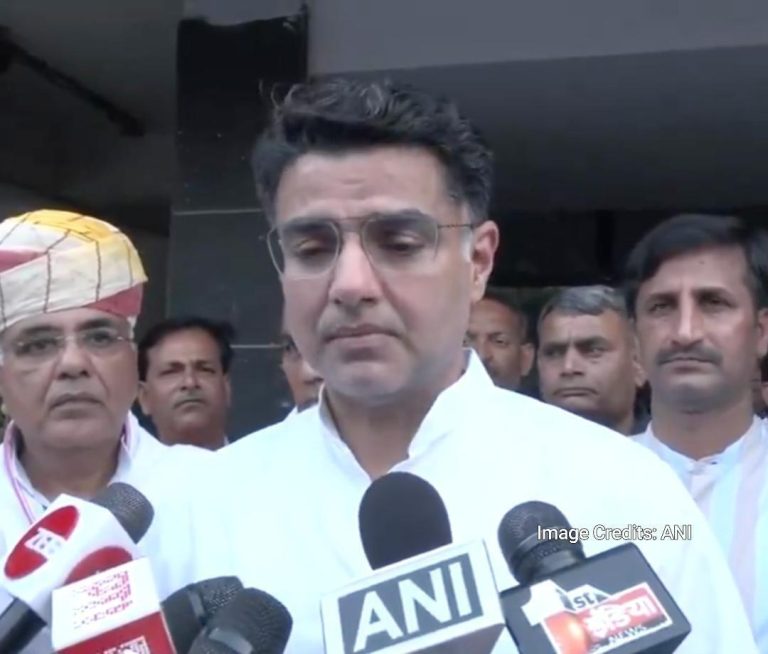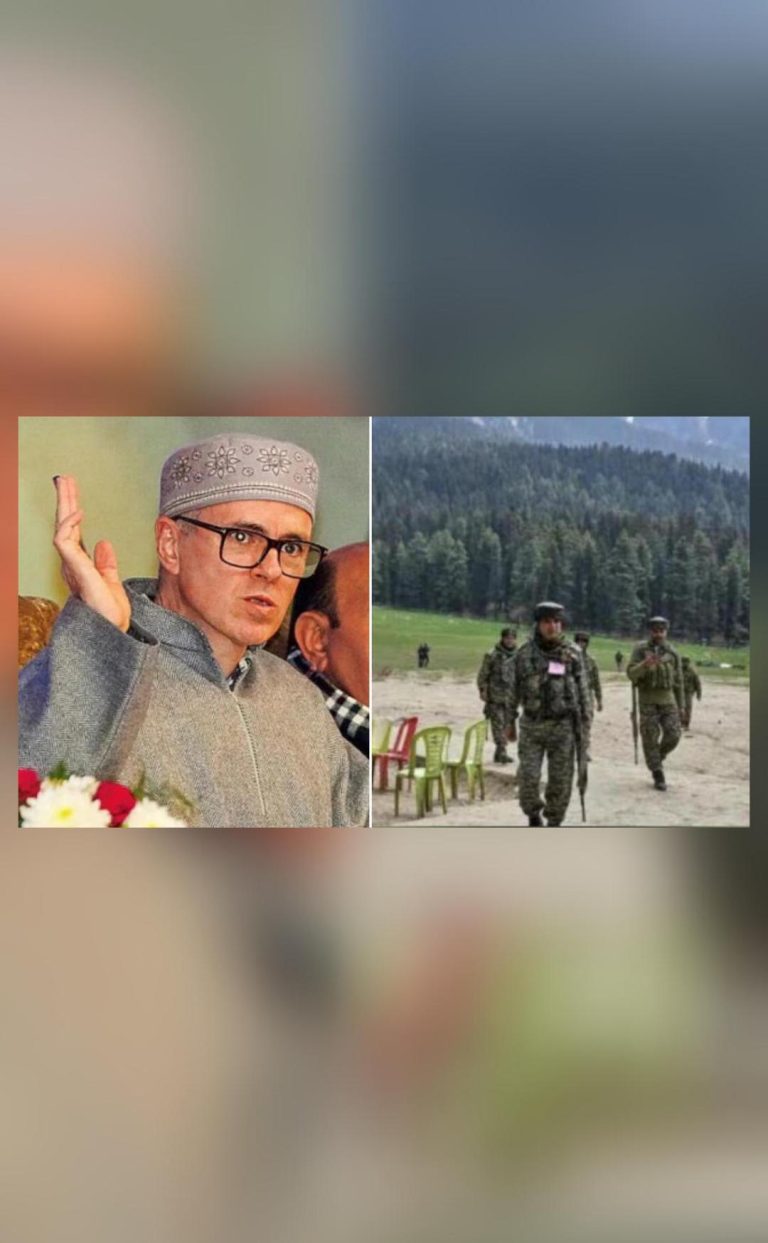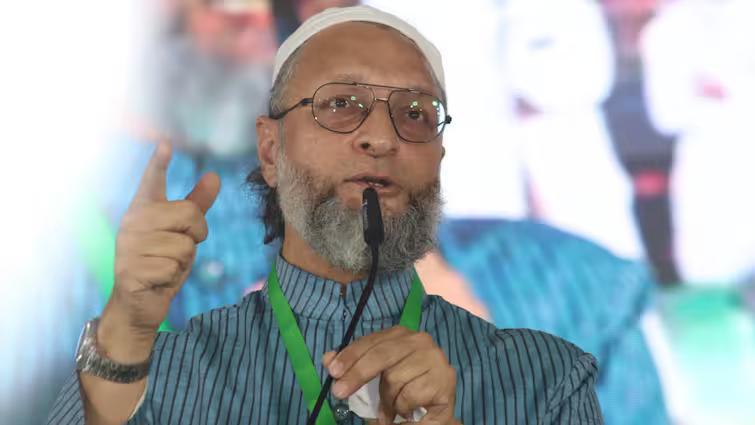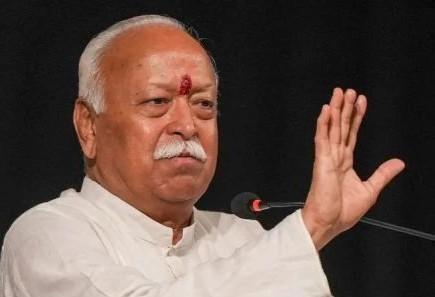
Title: If someone turns to evil then we’ll teach lesson: Bhagwat on J&K attack
The recent terror attack in Pahalgam, Jammu and Kashmir, has sent shockwaves across the nation. In the aftermath of this heinous act, the RSS chief, Mohan Bhagwat, has made a thought-provoking statement. In an interview, he emphasized that non-violence is indeed India’s religion, but so is teaching a lesson to “oppressors and hooligans”. This statement has sparked a debate on the nature of violence and its place in the Indian society.
Bhagwat’s statement is a response to the recent spate of attacks in the Valley, which have claimed numerous lives and left many more injured. The latest attack in Pahalgam was particularly gruesome, with reports of multiple casualties and destruction of property. In the face of such brutality, Bhagwat’s words offer a measured response, one that acknowledges the importance of non-violence while also recognizing the need for a strong response to those who perpetuate violence.
The RSS chief’s statement is rooted in the idea that violence is a complex issue, one that cannot be reduced to simple moral binaries. On one hand, non-violence is indeed a fundamental aspect of Indian culture and philosophy, as embodied in the principles of Ahimsa or non-violence. However, this does not mean that India will always choose to turn the other cheek in the face of aggression. Bhagwat’s words suggest that there are times when a strong response is necessary to protect the innocent and uphold the rule of law.
This nuanced approach to violence is reflective of the Indian tradition’s emphasis on the concept of “Raj Dharma”, or the duty of the king to protect his people. In this context, Bhagwat’s statement can be seen as a call to action for the government to take a firm stand against those who seek to harm the nation and its citizens. The RSS chief’s words offer a sense of reassurance that India will not be cowed by threats of violence and will instead take necessary measures to ensure the safety and security of its people.
Bhagwat’s statement has also been seen as a response to the criticism that India’s response to terrorism has been too soft. In recent years, there have been calls for a more robust and decisive response to terrorist attacks, and Bhagwat’s words can be seen as a tacit acknowledgment of this sentiment. By emphasizing the need to teach a lesson to “oppressors and hooligans”, the RSS chief is suggesting that India will no longer tolerate the kind of violence and intimidation that has become all too common in the Valley.
However, Bhagwat’s statement has also been criticized for being too simplistic and lacking in nuance. Some have argued that a blanket statement about teaching a lesson to those who perpetuate violence is counterproductive and ignores the complex political and social dynamics that drive terrorism. Others have pointed out that violence begets more violence, and that a strong response is unlikely to address the root causes of terrorism.
Despite these criticisms, Bhagwat’s statement remains an important reminder of the need for a robust and principled response to terrorism. It is a call to action for the government and society to work together to address the root causes of terrorism and to ensure that those who perpetuate violence are held accountable. At the same time, it is also a reminder of the importance of non-violence and Ahimsa, and the need for India to continue to uphold these principles even in the face of adversity.
In conclusion, Bhagwat’s statement on the J&K attack offers a nuanced and thought-provoking perspective on the nature of violence and its place in the Indian society. While it is important to acknowledge the complexity of this issue, it is equally important to recognize the need for a strong response to those who perpetuate violence. As India navigates the challenging landscape of terrorism and violence, Bhagwat’s words offer a sense of reassurance and a call to action for the government and society to work together to ensure the safety and security of its people.
News Source:
